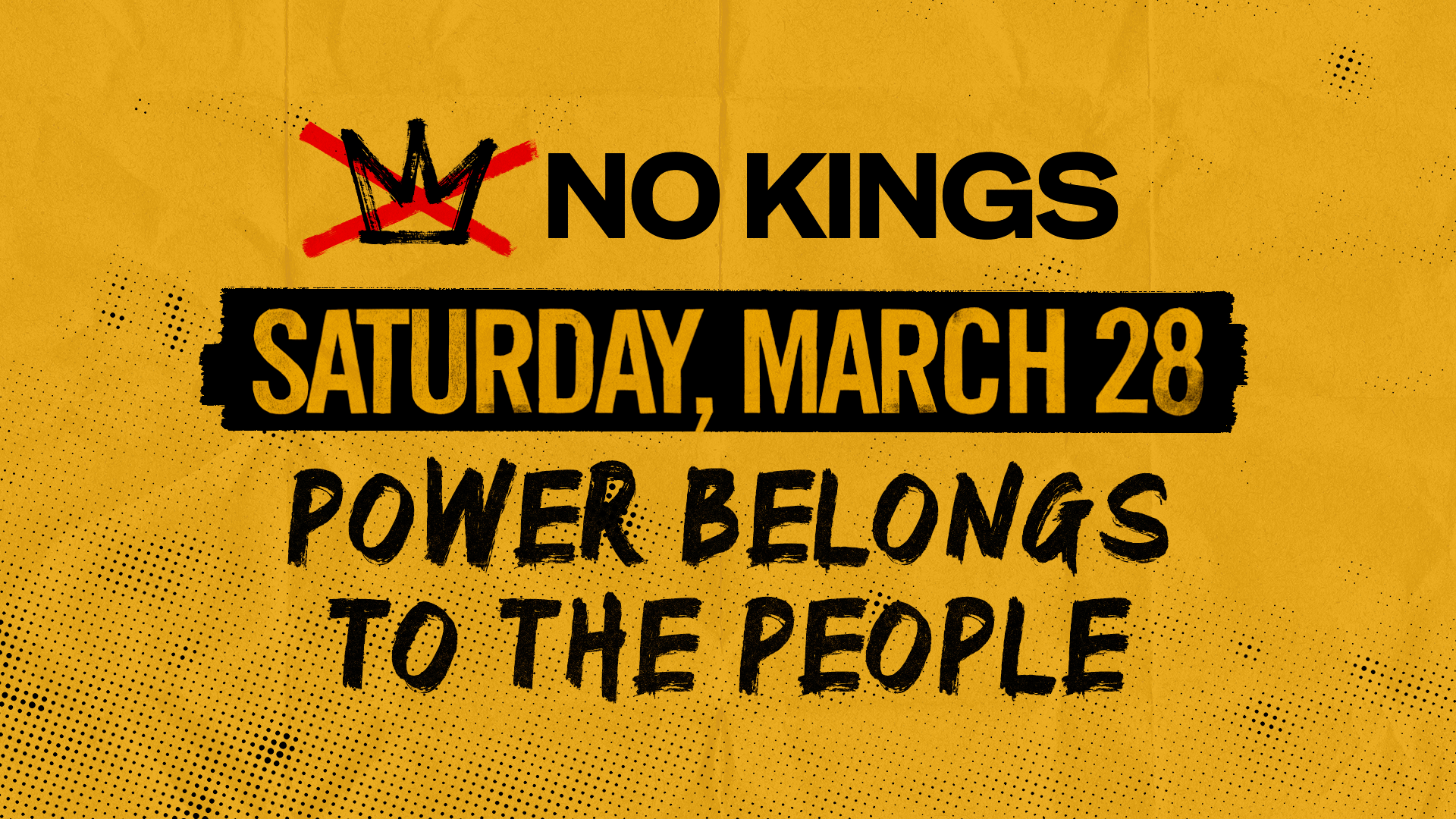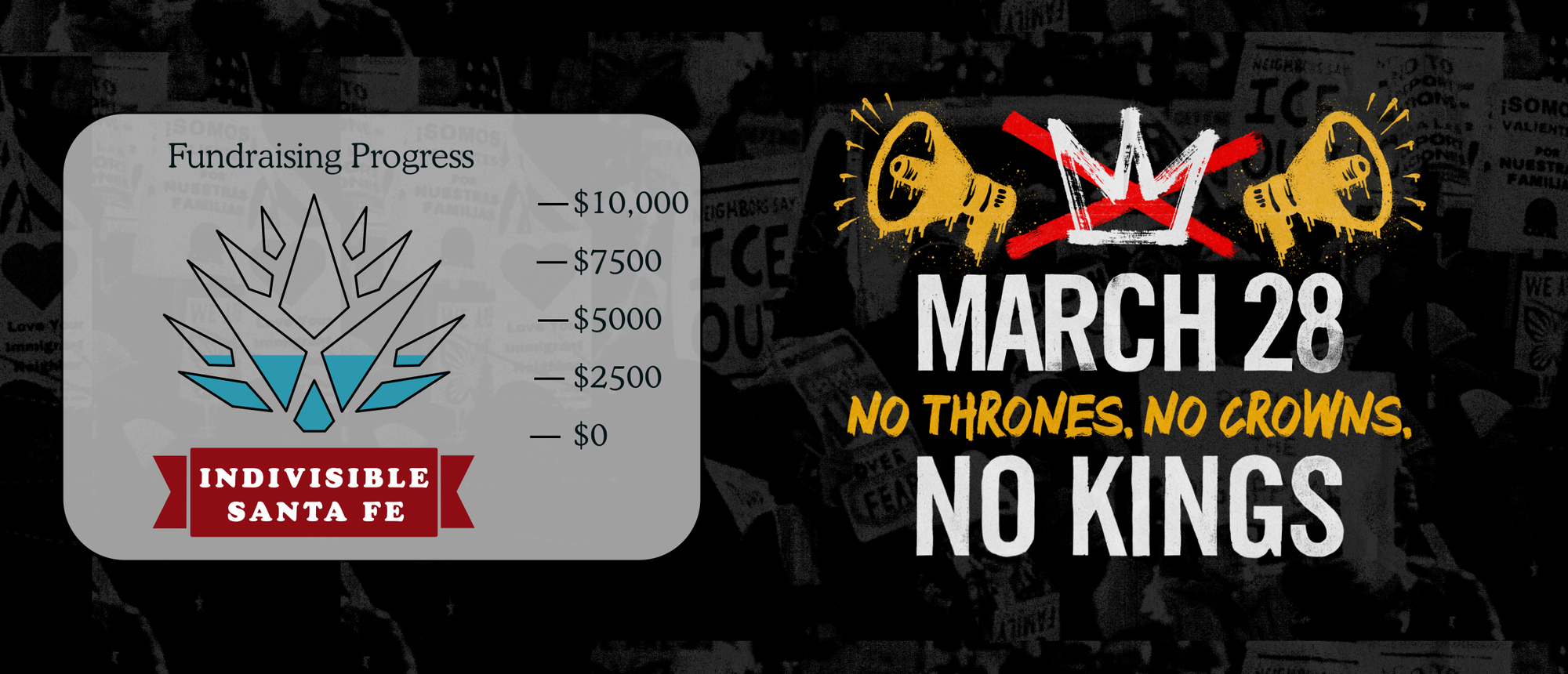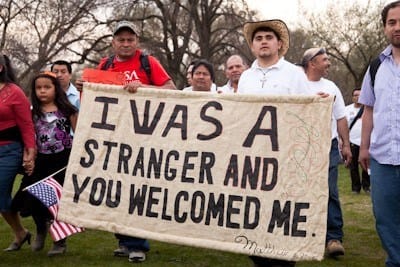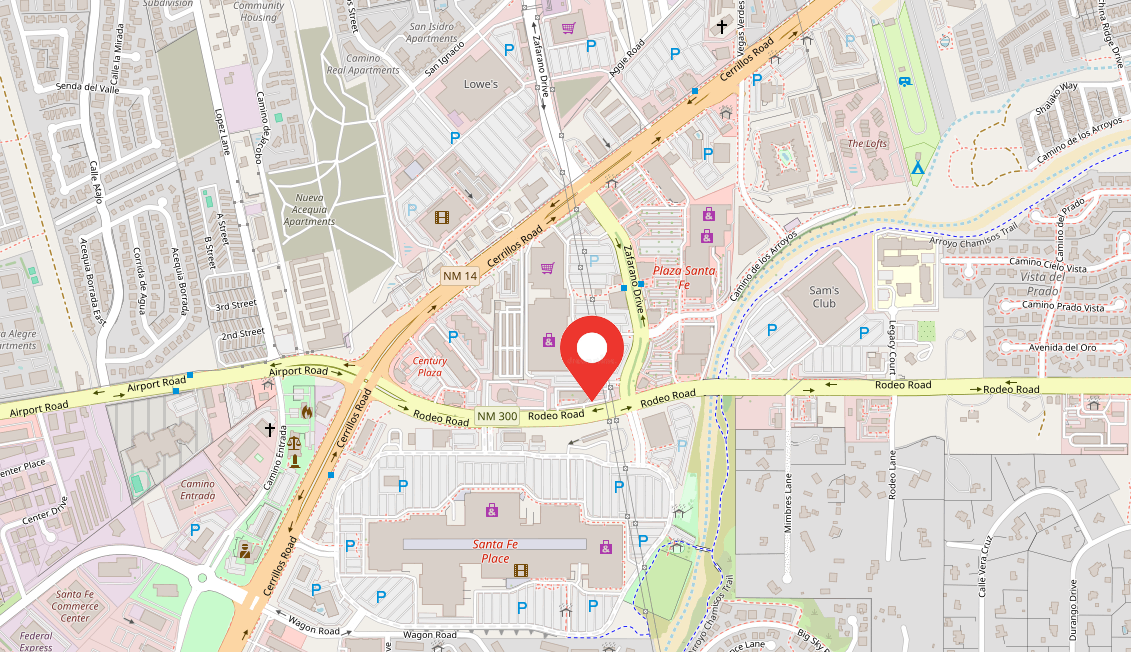When people unite around a cause, no matter how big or important, there will inevitably be disagreement. What is the scope of our work? Which areas should we prioritize? Which strategies are the most likely to succeed? Who is best placed to take the lead in different areas?
Indivisible refers to the bringing together of millions of people to fight for “our rights, our communities, our values” and for democracy in the face of fascism. Which rights do we prioritize? Whose communities? Which values?
Do we respond to every provocation or should we pick and choose? How wide of a net are we willing to cast in terms of bringing in people who might object to parts of Trump’s agenda but are on board with other aspects? Does working with single issue groups make us stronger or is it likely to lead us off target?
The easy part is to agree that what our current president is doing is abominable and atrocious: the corruption and cruelty; the defiance of court orders; the blatant disregard for law and the Constitution; the appointing of an endless series of incompetent bootlickers to important positions, to name just a few. But when it comes to details, disagreements are likely to materialize.
And is that a bad thing? I would argue that a certain level of conflict can be helpful in a movement as long as it’s well managed and not allowed to blow up the unity that allows us to work together. Thoughtful people faced with authoritarian rule are not all going to agree on how best to proceed. That’s a good thing. There is plenty of room for discussion, debate, and disagreement. I hope we can engage in such discussion and debate in an amicable fashion, remembering to respect those with whom we (even vehemently) disagree.
The rules read at the start of each Indivisible Santa Fe meeting are meant to remind us of the importance of maintaining our unity. The cause of restoring democracy in this divided nation is too important to allow our disagreements to divide us. The name Indivisible is meant as a constant reminder that we are too sensible, smart, and strategic to allow others, including our allies, to break us apart.
We will make mistakes. We will step on toes. We will, under the stress of fear and anxiety, say things that we later regret. And at the end of each day we must remind ourselves that disagreements are normal, that conflict can be resolved, and that we are stronger together. What we are trying to achieve is far too important to allow petty, or even big, disagreements to tear us apart. Let's leave the fighting to the billionaire babies. Let's show what solidarity looks like as we work together to fight autocracy and build a strong, fair, just, and inclusive democracy.















